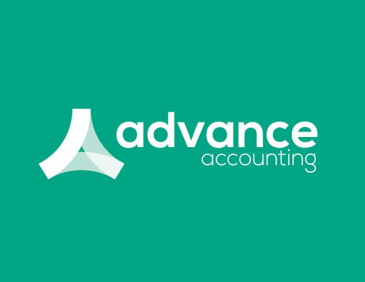
Autumn Statement 2016 – headlines
The central theme of this years Autumn Statement was the announcement of a new National Productivity Investment Fund, set up to deliver £23bn of investment in housing, infrastructure, research and development and science and innovation over the next five years.
Several taxation pledges were reaffirmed and further measures to address tax evasion and avoidance were announced.
Tax and duty
- Personal allowance will be rise to £11,500 in 2017/18 and to £12,500 before the end of this Parliament.
- The higher rate tax threshold will rise to £45,000 in 2017/18 and to £50,000 by the end of this Parliament.
- Corporation tax will still be cut to 17% by 2020.
- Tax savings under salary sacrifice schemes will be removed from April 2017, with the exception of ultra-low emission cars, pensions, childcare and Cycle to Work.
- The National Living Wage will go up from £7.20 an hour to £7.50 an hour from April 2017.
- Employee and employer National Insurance thresholds will be brought in line at £157 per week from April 2017.
- Insurance premium tax will climb to 12% from the current 10% next June.
- Fuel duty will remain frozen for the seventh successive year.
- A new VAT rate of 16.5% will be introduced from 1 April 2017 for businesses with limited costs, such as many labour-only businesses, to tackle abuse of the Flat Rate Scheme.
Avoidance and Evasion
- Legislation is going to extend HMRC’s data gathering powers to money service businesses.
- The government is considering whether to make access to licences or services for businesses conditional upon them being registered for tax.
- The government is going to consult on a new legal requirement for intermediaries arranging complex structures, for clients holding money offshore, to notify HMRC of the structures and the related client lists.
- As previously announced at Budget 2016, the government is going to introduce a new penalty for any person who has enabled another person or business to use a tax avoidance arrangement that is later defeated by HMRC. The defence of having relied on non-independent advice as taking ‘reasonable care’ is going to be removed, when considering penalties.
- The government is investing further in HMRC to increase its activity on counter avoidance and litigation, to bring forward over £450m in revenue by 2021/22.
Northern Ireland Issues
- The major point of note locally was the announcement of an extra £250m in infrastructure funding for the NI Executive to be spread over four years. How this is to be spent will be likely be made clear on 19 December – the date of the Stormont Budget.
- In addition NI could be in line to receive upto £40m of the £1.3bn package for road improvements.






